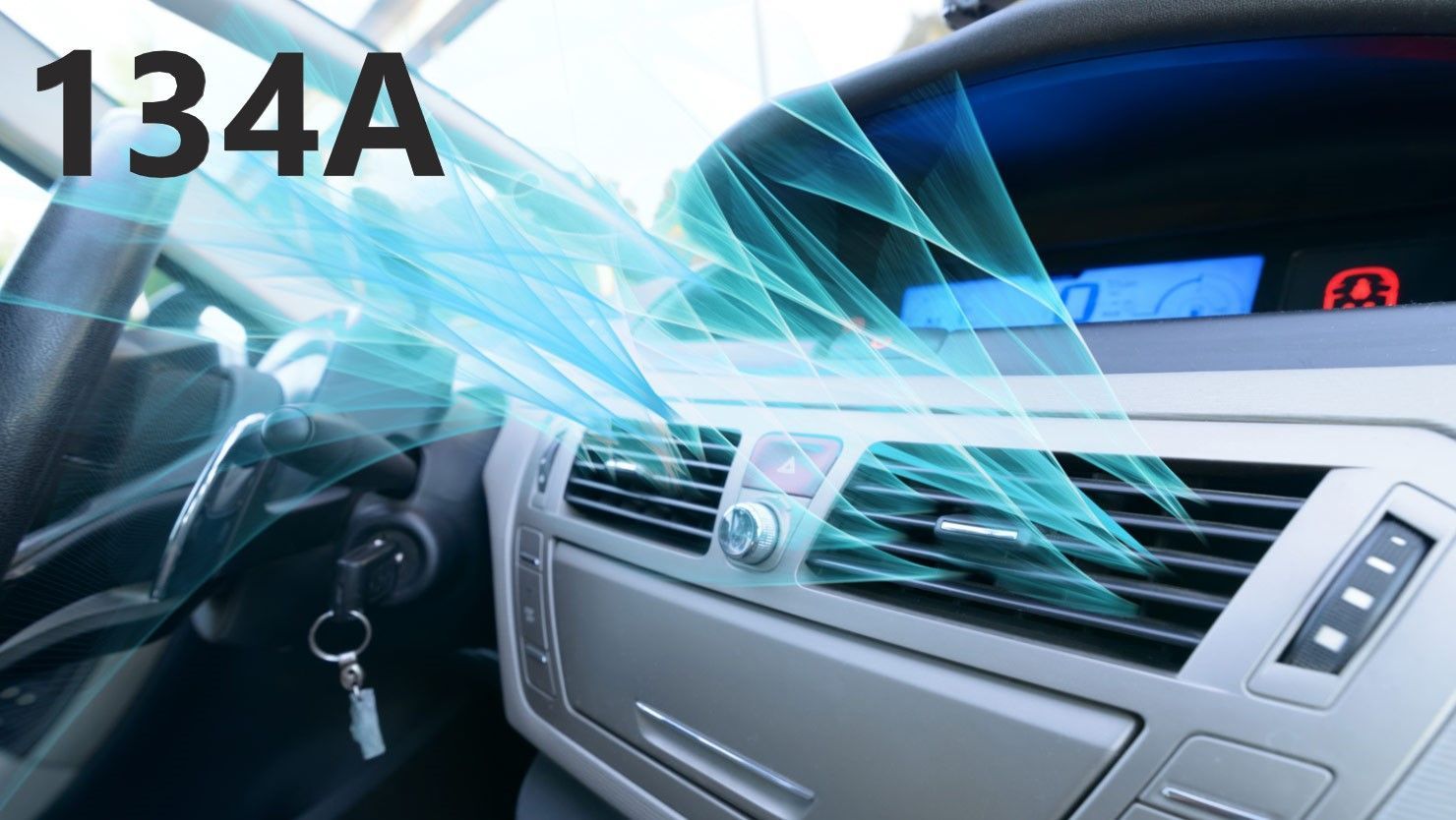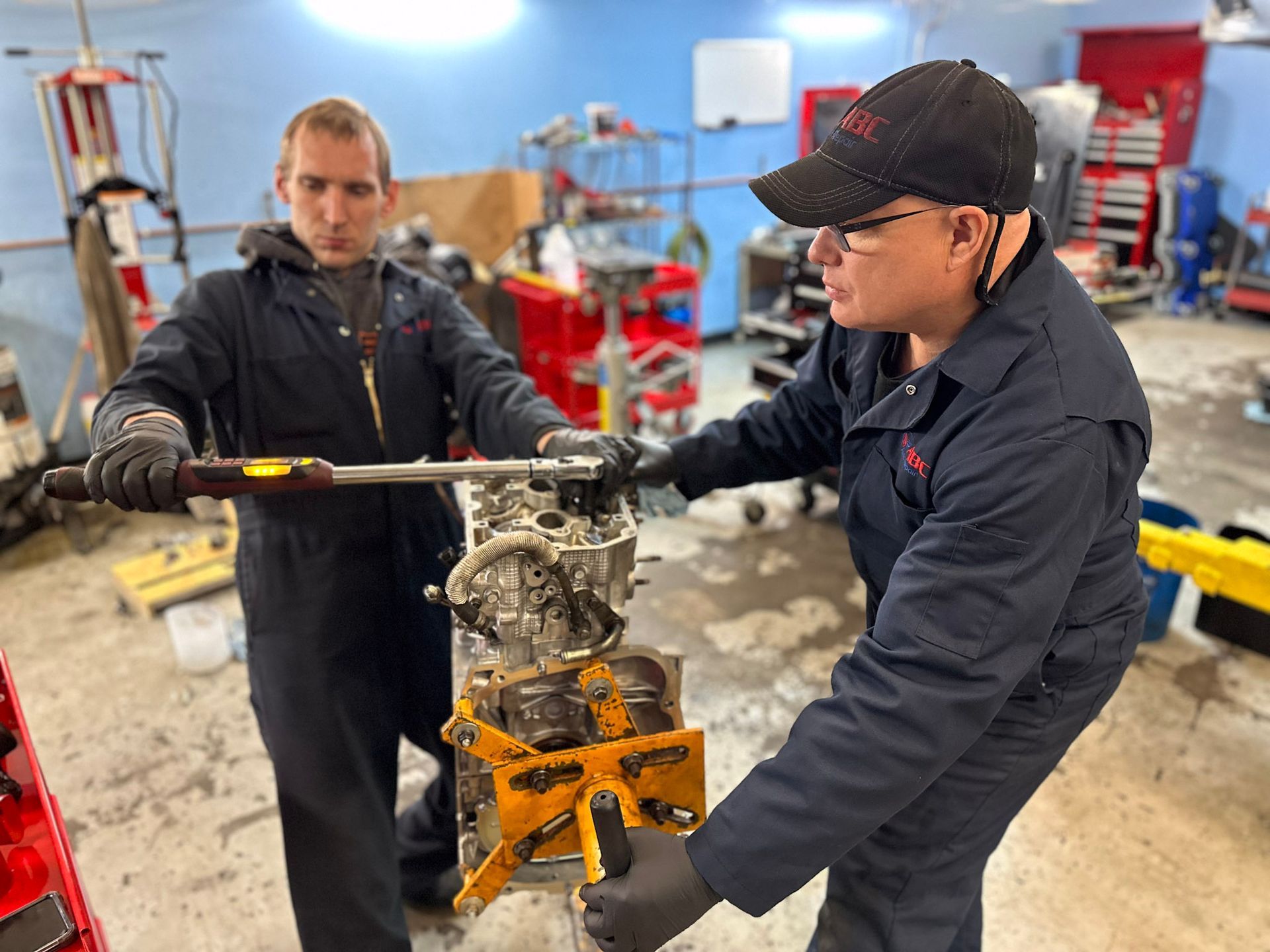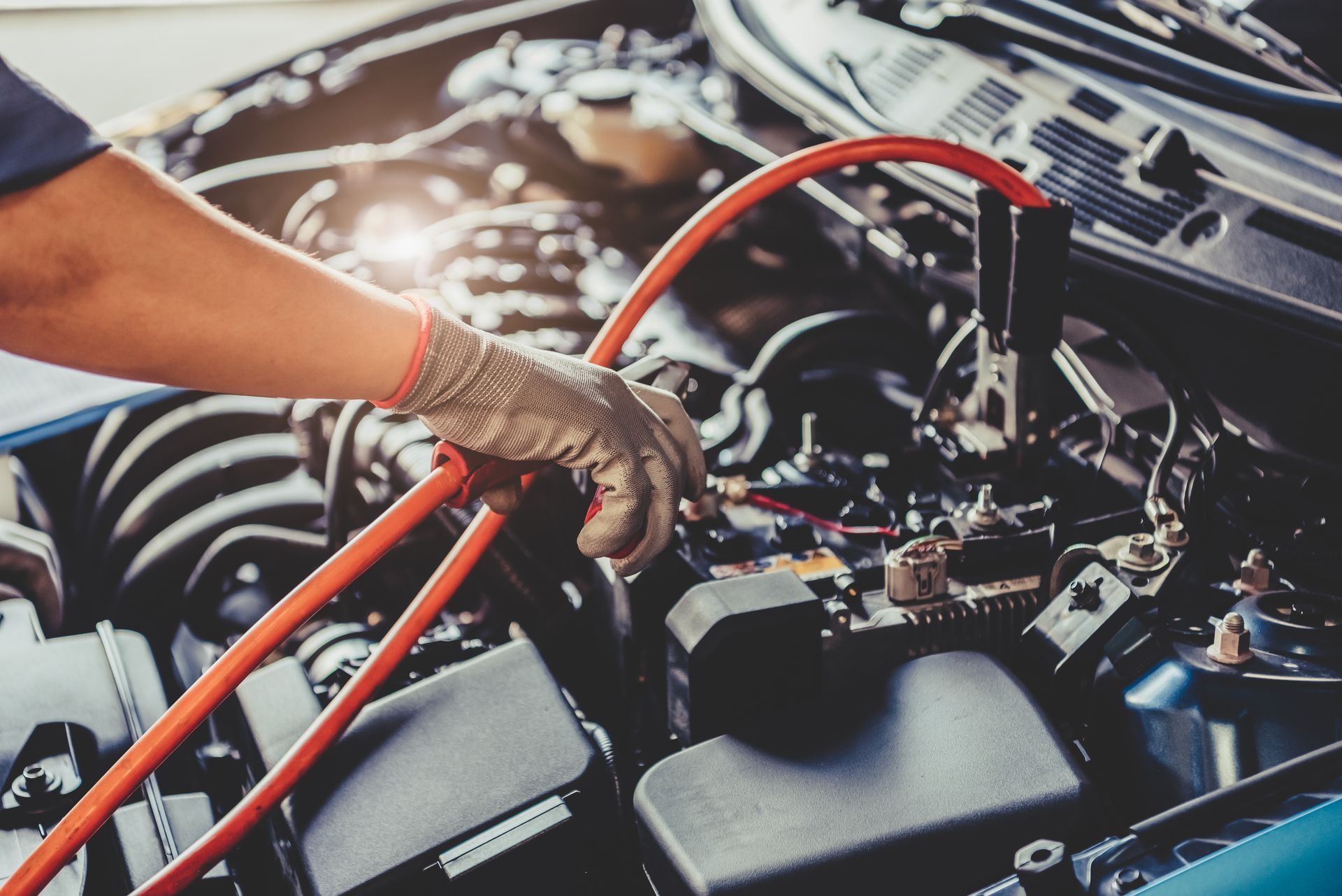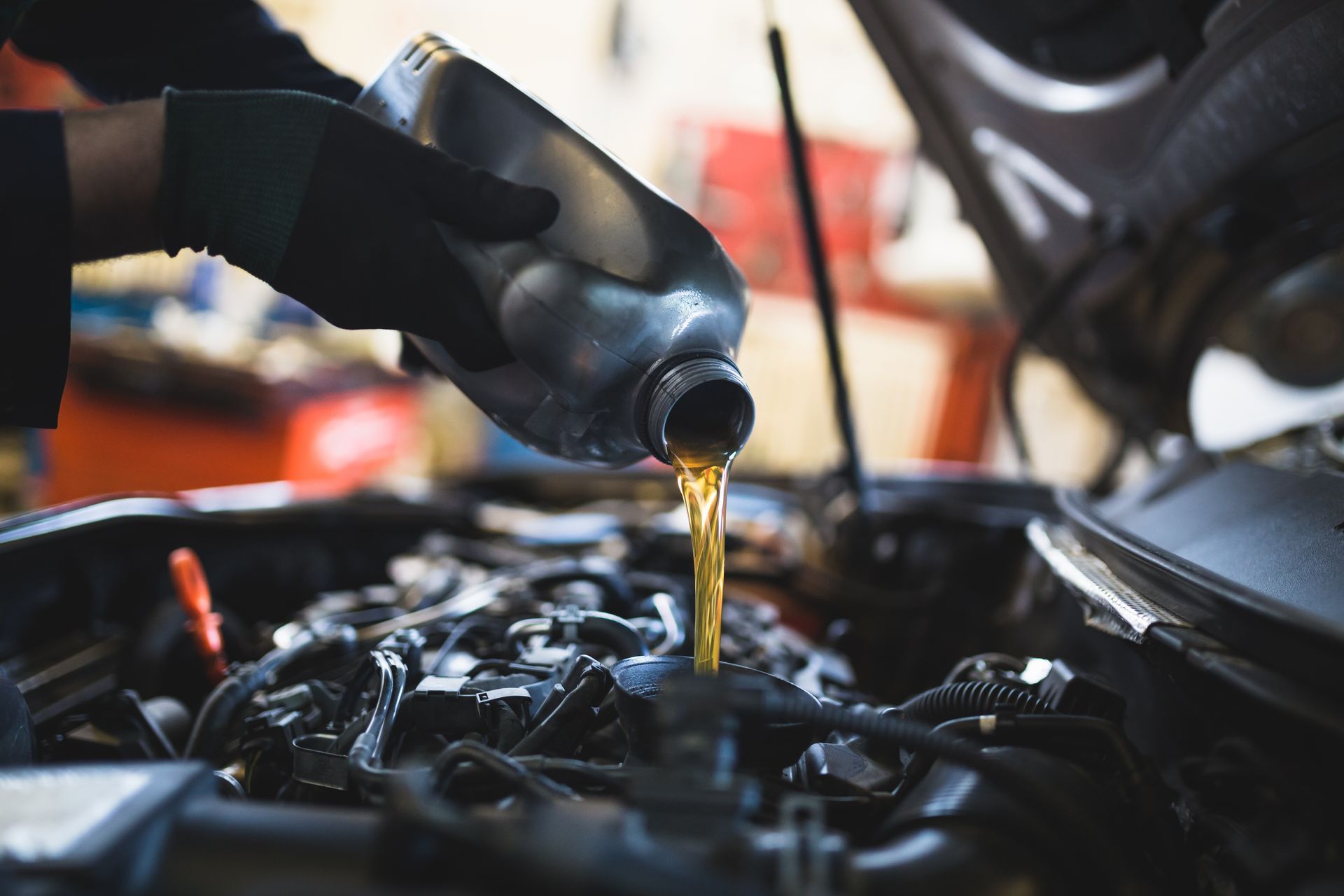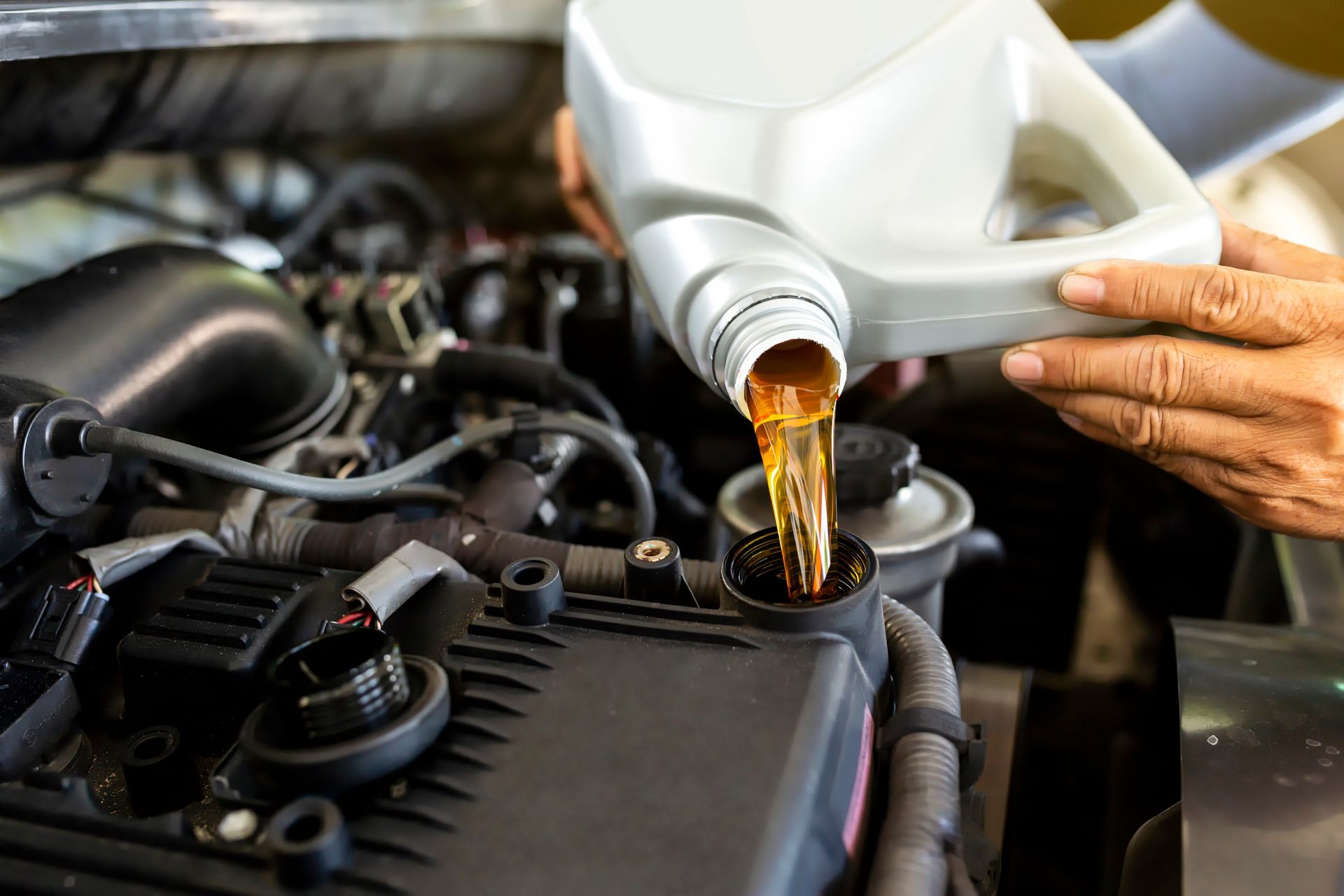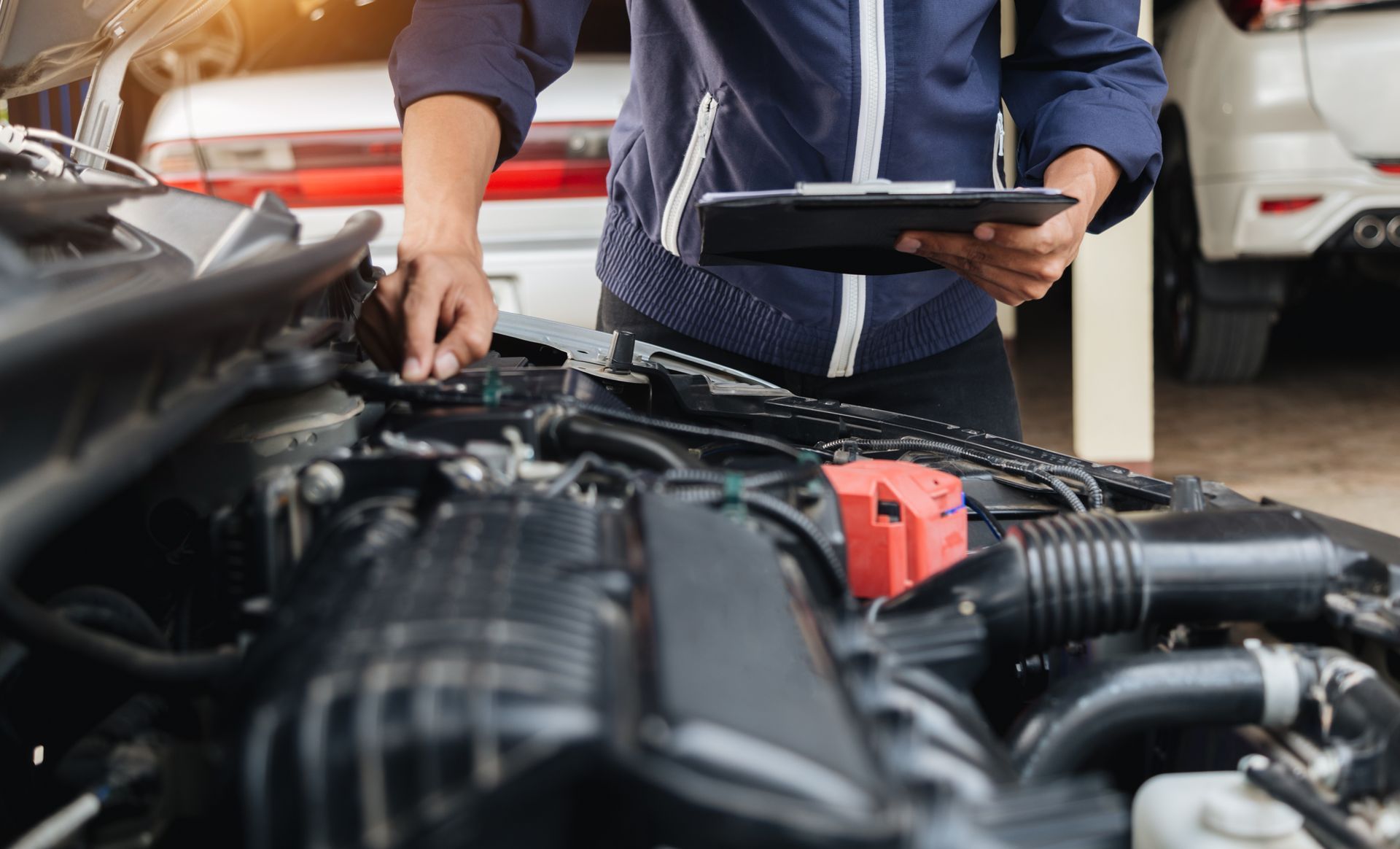Loading ...
Missing business hours data / Error occurred while getting the data.
Loading ...
Missing business hours data / Error occurred while getting the data.
Why is my car overheating?
If your car is overheating, the first thing you need to know is to pull over immediately, the very second it is safe to do so, since overheating can cause permanent damage to the engine. The next thing you need to know is how the cooling system works. A brief overview will help you understand what you can diagnose on your own, and what you will need the help of a professional for.
How the cooling system works
The combustion of the motor creates heat, obviously. The engine runs optimally at what is known as operating temperature, and the cooling system is supposed to help it stay right at that temp. As the temp climbs past this point, you’ll get coolant bubbling out of the system, steam/smoke, and, eventually, warped or cracked engine components.
To keep all this from happening, the cooling system circulates coolant. This coolant heats up when it comes in contact with the heat radiating from the motor. As it flows away, its draws heat with it, to be released into the atmosphere through the radiator.
Any of the various components of the cooling system can cause overheating if they fail or under-perform. Let’s take a look at the role of each piece, and what can happen if it fails:
Coolant
The cooling fluid itself could be low, hampering the system’s ability to transfer enough heat to the radiator. But just because its low, doesn’t mean that this is the culprit. It might only be low because the vehicle overheated, causing coolant to bubble and steam its way out.
Coolant can also turn into a sludge like substance that doesn’t have the viscosity to circulate as needed. This due to long term lack of maintenance and/or mixing different types of coolants.
Hoses
The many hoses that circulate coolant throughout the engine compartment can leak, leading to low coolant. They can also be blocked by rust deposits, though this is unlikely if your cooling system is maintained.
Water Pump
The pump is what makes the coolant circulate, once the vehicle reaches operating temp. If the pump fails, the coolant won’t circulate.
Thermostat
This is a mechanical valve that opens to allow the circulation of coolant, and closes again when the engine cools. This occurs automatically when the thermostat is exposed to coolant at a certain temp. The main reason it is needed is to help the car reach operating temp faster by remaining closed --- and to keep it from running too cool by cutting off circulation as needed. If the thermostat fails and is stuck in the closed position, you’ll overheat.
Radiator
The coolant flows through the radiator, which is right behind the grill, where it is subject to cool airflow as the car moves forward. The many fins on the radiator allow air to pass through, and provide extra surface area for the heat to dissipate.
The fins themselves can be damaged by the impact of debris when you’re driving at high speeds, or if you were in a collision. Also, if debris or dirt are clogging the fins, the radiator can under-perform due to lack of air flow.
Cooling fan
Mounted to the radiator is a fan or pair of fans to assist with cooling. They’re supposed to kick on and force air flow through the radiator when you’re driving at low speeds or running the motor at a standstill. The fan itself can fail, or the relay that sends the electric signal to the fan can fail.
Basic diagnostics
Safety precautions: First, the fan blades can start at anytime if the vehicle accessories are on. The best policy is to keep your fingers clear of the blades, always. Second, the coolant is hot enough to burn you when it warms up. Its hot enough to make the cooling system hoses burn you if you touch them carelessly, and it stay hot for 30 minutes to an hour after your turn the vehicle off --- maybe longer, if you overheated. Its also under pressure, so do not remove the radiator cap until it is cool.
As you may have realized, there are three main causes for overheating: 1) there is not enough coolant to do the job, 2) the coolant is circulating but not getting cooled enough (probably the fan or radiator not working), or 3) the coolant is not circulating (thermostat or water pump).It is important to note that #3 can be caused by an air bubble trapped inside the cooling system. The system is sealed, and there is nowhere for air to escape. If you recently had to add a lot of coolant (say, if you had the cooling system open for repairs/service and lost some coolant), or changed the coolant, this could very well be your problem.
If you have determined that the problem is not sludge or leaking hoses, you can top the radiator off and start the vehicle. Turn the heat on to open the heater core. Let it run a minute. If the level drops, add more coolant. Repeat this until the level remains consistent and install the cap (to be absolutely sure the coolant level is full, check it again after the vehicle has been shut off and cooled down).
As the car reaches operating temp, the coolant should begin to circulate. All of the cooling system hoses should get hot, including the lower ones. The easy component to diagnose is the fan; if it doesn’t kick on while the vehicle idles and begins to overheat, its not doing its job and needs to be tested, along with its relays. If the fan is responsive, check the hoses for heat.
If the lower ones are noticeably cooler than the upper ones, and stay that way as the temp climbs above operating temp, your coolant isn’t circulating. This could be due to any of the three causes mentioned above. If you suspect it is an air pocket, look up the cooling system bleeding procedure for your specific year, make and model. This is important. Although most bleeding procedures are universal and simple, some vehicles have a very specific process that must be followed. You can have everything right, and err only slightly from the bleeding process, and you’ll still overheat. Ask me how I know. Or just trust me on this one, before you start ripping out components and replacing them only to find you’re still screwed.
Further diagnostics will require removing hoses, draining coolant and removing components. If you’re not in a position to do this, contact a professional. For service in the Des Moines area, you can contact ABC Auto at 206 231 0995 or fill out a contact form, found here.
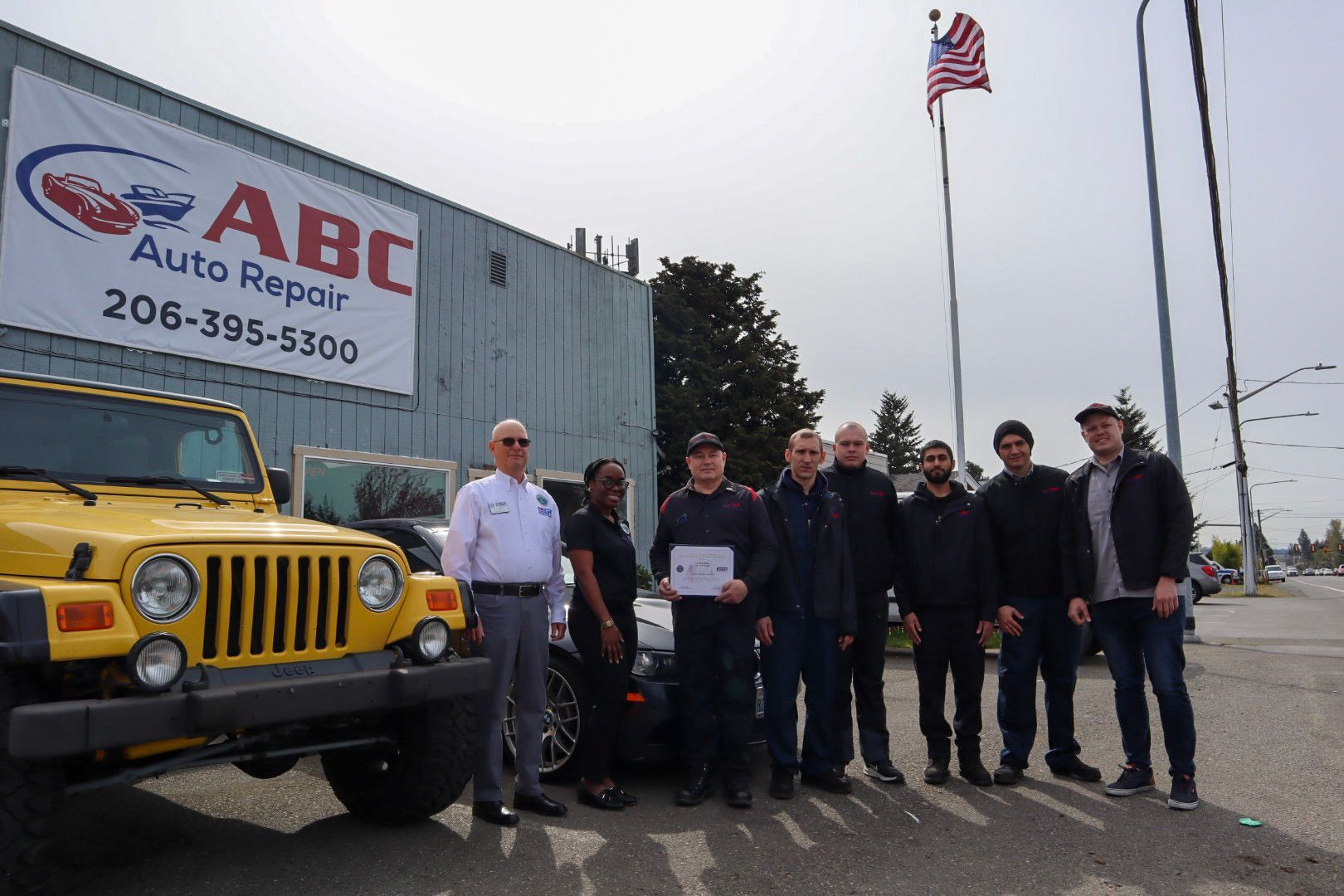
Give Us A Call
Quick Links
Loading ...
Missing business hours data / Error occurred while getting the data.

